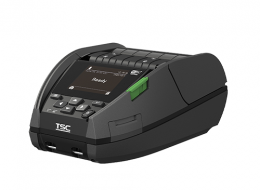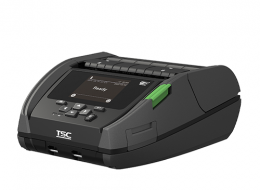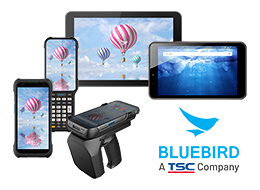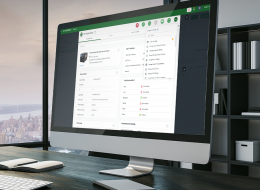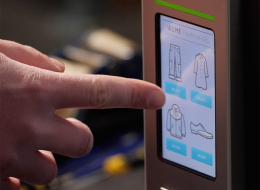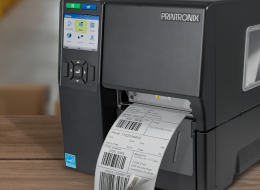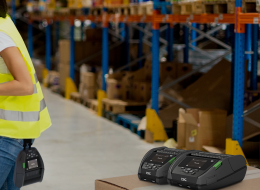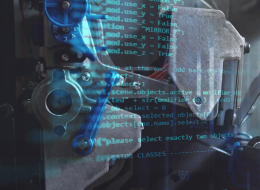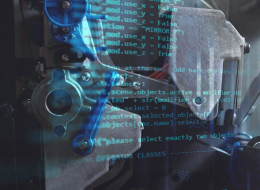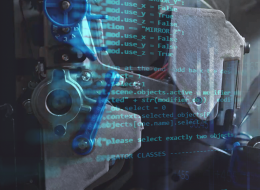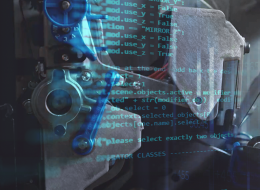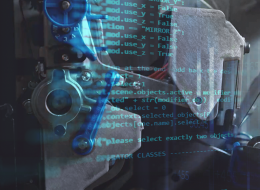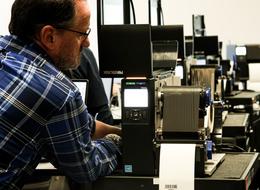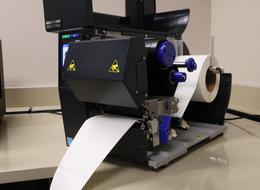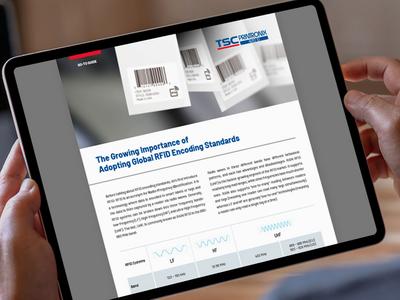RFID Tagging in the Healthcare Value Chain Makes a Life-Saving Difference
Our RFID Subject Matter Expert, Chris Brown, had a Q&A session with global healthcare pharmaceutical manufacturer Fresenius Kabi on the healthcare value chain as it pertains to RFID-tagged medication. The use of RFID tagging continues to grow in many sectors and healthcare is no exception. The potential for RFID in healthcare is exponential as there are so many aspects of the healthcare value chain which can be positively impacted. Usage of the technology is not limited to pharmaceutical products like medication but also high-value assets, medical devices, supplies and even personnel. Chris shares his take on the future of leveraging RFID tagging in healthcare.
RFID Tagging and its Potential in Healthcare
As RFID use expands in this field, patient safety and clinician efficiency are two of the most important outcomes that can be positively impacted by the technology. The more efficient clinicians can be, the more effectively they can serve their patients. There are already many barcode systems in place being used to track medications and patient information. However, there are many limitations. For example, the scanner must be in close proximity to the barcode in order to access the information. It’s also quite easy to make a mistake and scan the incorrect barcode as many medications have multiple barcodes on a single product.
With RFID-tagged medications, a simple push of a button can guide the clinician to the correct medication—sometimes quickly enough to make a life-saving difference. The chances of administering an incorrect, potentially fatal medication are greatly reduced. Another potential benefit of RFID tagging allows for the unique identification of medication units. Item-unique identification (as opposed to identifying a product type) can help healthcare facilities better manage their inventories and product locations, eliminate expired products, and track down products affected by a recall, all of which boosts clinician efficiency, improves patient safety, and reduces waste.
Future Challenges for RFID Implementation
With so many tangible benefits, what could be the potential challenges? The foremost challenge presented is the financial cost of implementing RFID tagging and equipment within facilities. RFID technologies are not cheap. With the current supply chain issues causing prices of the necessary components to rise rapidly, keeping the cost down is extremely difficult.
Another noteworthy challenge is the lack of established open, interoperable, standards-based numbering systems for various healthcare applications. Stated another way, the industry has not unified on the basic question of, “What should I encode to my tags?” Industry experts are working on this issue but have so far failed to achieve a consensus.
To better understand the problem, it helps to look at barcoding in the retail world. Barcode standards in this industry are generally developed and administered by GS1. All it takes is a trip to your local supermarket to understand how successful the GS1 barcode standards have been for retail. Supermarkets A and B can both quickly scan the same barcode and resolve it to the same product. This is only possible because the barcode-scanning systems understand the standard in use. The healthcare industry has not yet achieved this same level of interoperability with RFID. GS1 is actively developing RFID encoding standards for healthcare, but they are neither universally adopted nor understood – at this point. We do look forward to GS1 RFID standards gaining traction in the healthcare industry, which would lead to an exponential increase in the adoption of the technology in general. For the most up-to-date GS1 work on numbering systems, check out their recently published Tag Data Standard, Version 2.0.
More to Come for RFID Tagging in Healthcare
The future of RFID tagging in healthcare has tremendous potential that will continue to advance and bring sophisticated tracking and tracing to the field. For an in-depth explanation, read the full Q&A session here.
All indicators point towards the increased use of RFID tagging in healthcare. Is your facility prepared? We have a wide variety of high-quality RFID label printing solutions, as well as an RFID Printer and Label Validation Lab to test your RFID inlay compatibility with our printers.
For more information on RFID label printing, contact your local TSC Printronix Auto ID Sales representative or visit our website.

